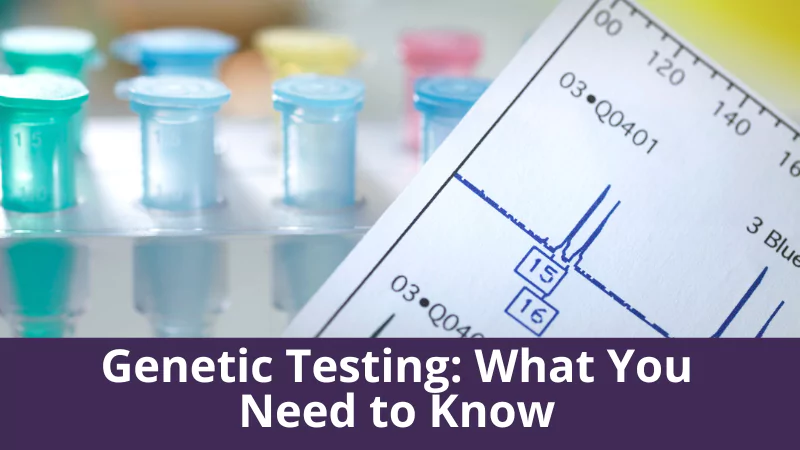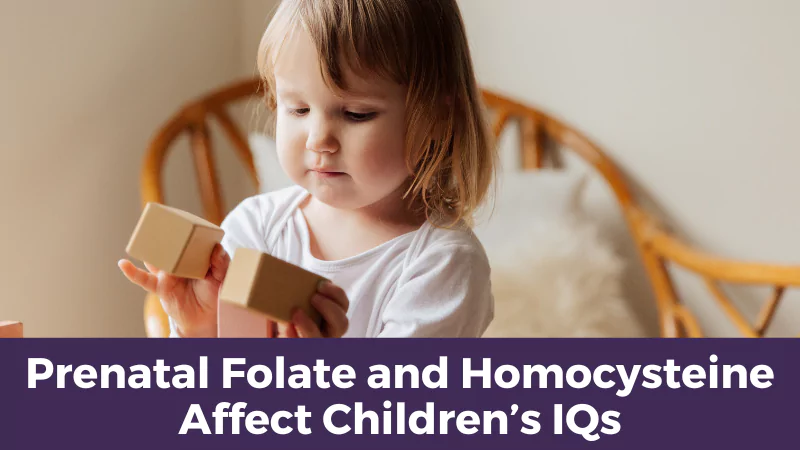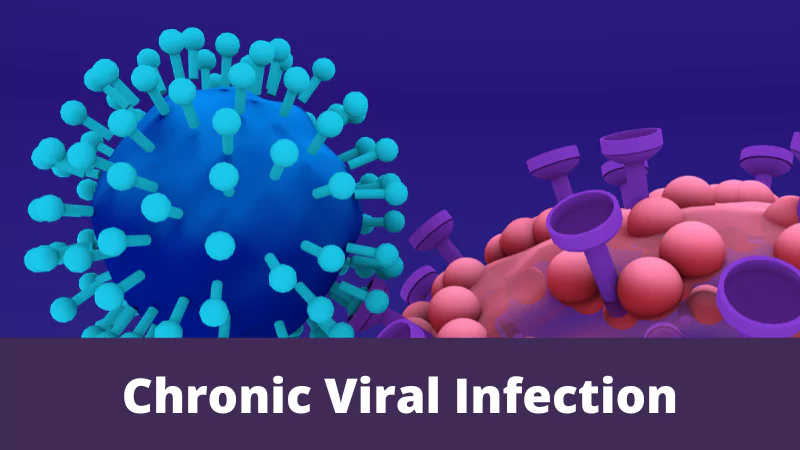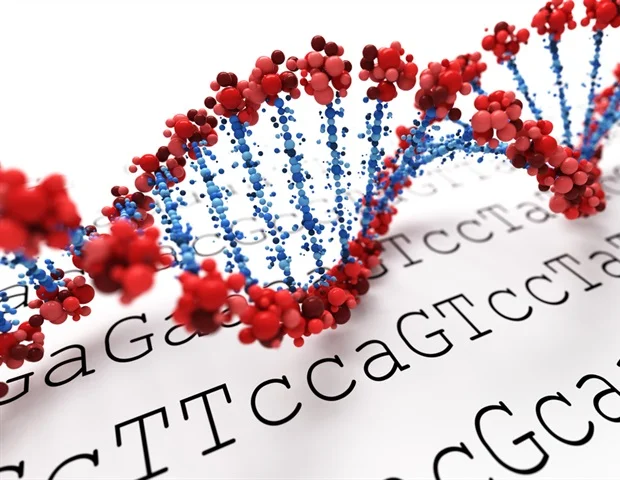Genetic Testing: What You Need to Know
Genetic testing is the examining of DNA to identify alterations in genes and chromosomes that might be responsible for illnesses and disorders. Through genetic testing, we are able to confirm or exclude a gene in a genetic condition or illness. Further, it also aids in determining the chances of developing a genetic condition, and consequently in providing treatment for such a condition or illness. However, there are many limitations – such as insufficient information, leading to a negative test result. Therefore, we will consider several aspects of genetic testing, its advantages and the future of genetic testing.
Since genetic testing has many advantages and risks, it is voluntary and left to the individual to decide. There are different methods that are used in genetic testing, namely:
- Biochemical tests focus on the activity and amount of proteins, where irregiular protein activity may indicate the existence of a genetic disorder.
- Chromosomal tests identify the existence of genetic disorders through the study of chromosomes and strands of DNA.
- Molecular tests involve the analysis of genes to determine mutations that might result in a genetic condition.
Advantages and limitations of genetic testing
The advantages and risks of genetic testing need to be considered and weighed before you decide to undergo tests. Advantages of genetic testing include a sense of relief from uncertainty about your health or any genetic condition. It can also assist in finding treatment and prevention for genetic conditions. Furthermore, it helps people to make informed decisions about their health and serve to help prevent chronic disease that may run in a family. Contrary to this, limitations of genetic testing include financial, legal and emotional consequences from test results, and limited information about any genetic disorders.
There are also several reasons for genetic testing to be done, such as diagnostic testing, predictive testing, carrier testing, preimplantation testing, and newborn screening. It is important to recognise the need for genetic testing and to gather information about one’s family medical history. You can do so by consulting a genetic counsellor, which will help in understanding the risk of the development of genetic disorders. If it was determined that there is a history of a genetic condition in your family, you should speak to them about undergoing genetic testing.
Future of genetic testing
Genetic testing has become more popular in recent years, and therefore people have been seeking quicker and easier ways to acquire information about their genes. Not only are we using genetic testing for serious health conditions, but we can now evaluate our key biochemical pathways like liver detoxification, folate cycle, methionine cycle, CBS (Cystathione Beta Synthase) pathway, immune dysregulation and much more. For example if you have multiple chemical sensitivities, then seeing your liver function genes can show you where you need support. If you have a family history of anxiety or depression then evaluating your MTHFR, COMT, MAO and other genes in the neurotransmitter pathway can help considerably and in many incidences change your life.
Ancestry, a genetic testing company, sells test kits that are intended for use at home. People are then able to collect a sample of their DNA and send it to Ancestry for testing, after which the results are returned to them. These tests prove to be important in recognising the need to consult a medical professional in order to seek preventative methods for genetic conditions.
The data is uploaded to Strategene, which shows our susceptibility in these pathways.
- liver detoxification pathway
- methionine cycle
- folate cycle
- CBS
- dopamine pathway
- serotonin pathway
- immune function
- cannabinoid pathway
We can use this knowledge to change our susceptibility to disease (and this very much depends on your family history), to ensure that these pathways are supported and protected. It may mean we upregulate or down regulate the action of an enzyme with nutraceuticals, herbs or diet. For example if someone has homozygous SNP’s in their CYP1B1 gene and COMT ++ and SULT1C3, then we absolutely need to check their oestrogen metabolism pathways. By doing this we can better help the body eliminate toxic oestrogens and prevent oestrogen dominant conditions like fibrocystic breasts, fibrocystic ovaries, endometriosis, fibroids, weight gain, sleep disturbances etc. This becomes particularly relevant if other family member have these conditions. We also give dietary advice and herbs, nutrients to suport these pathways.
Since many want to know more about their genes and if they have any inherited genetic disorders, genetic testing is becoming a vital aspect of decision-making in health today. More and more we are seeing researchers studying genes that are key drivers of certain health conditions. For example we know that combination of genes like MTHFR, BDNF and COMT make someone more susceptible to early onset dementia. So isn’t it fantastic that we can put protective measures in place to ensure that the person does not follow this direction.
Whats the potential risk?
The unknown risk seems to be the legal one. Legally if you have a genetic test done you need to share this with your insurance company if you want life insurance. We don’t know what will happen down the track but my guess is everyone will be getting genetic testing down the track so the insurance companies will need to make changes to this policy. This is a decision you will have to make. No one can make it for you. You need to weigh up whether your health right now is at a point where genetic testing and biochemical analysis will help you and your practitioner get you back to better health.
I look forward to genomic health becoming the norm because I see the changes it can make relatively quickly in someone who has had chronic health for decades.
Welcome to the new era in health!
References
Mayo Clinic. (2013). Genetic Testing. Retrieved from http://www.mayoclinic.org/tests-procedures/genetic-testing/basics/definition/prc-20014802
Genetics Home Reference. (n.d.). What is Genetic Testing. Retrieved from https://ghr.nlm.nih.gov/primer/testing/genetictesting
[products ids=”7511,6707,6402″ columns=”3″ orderby=”rand”]









